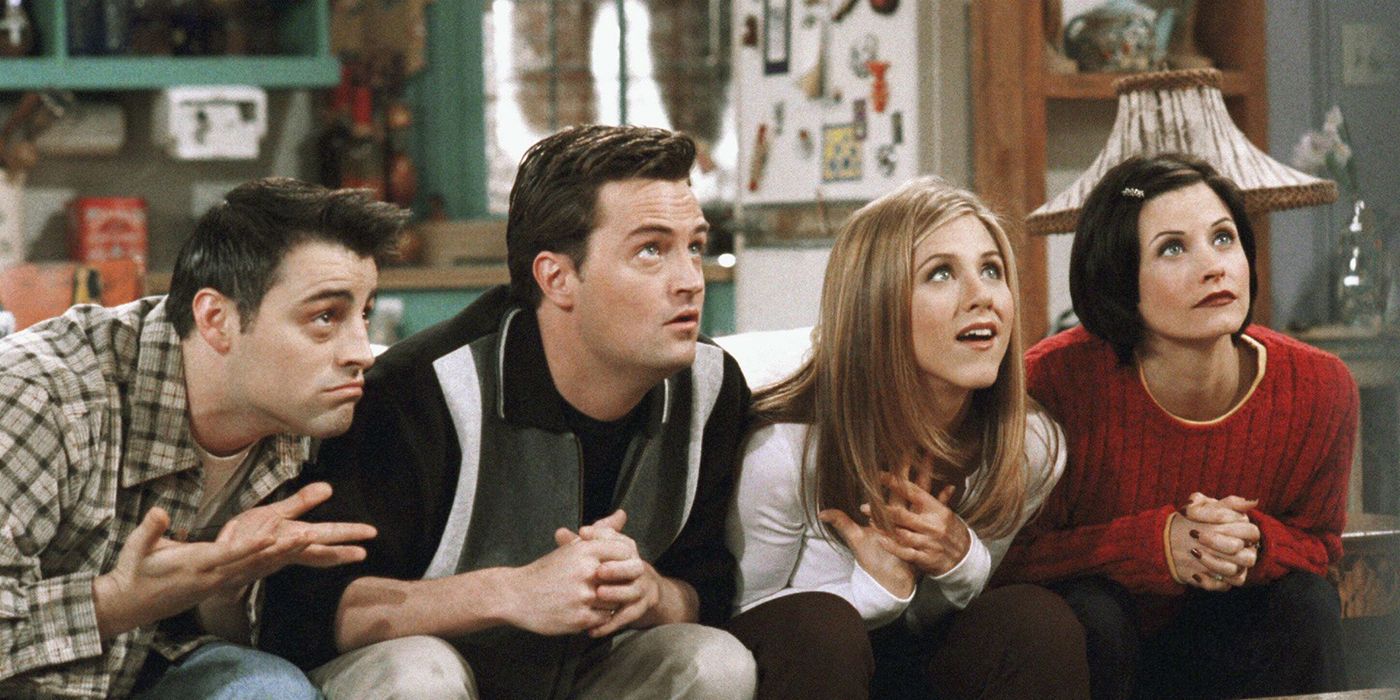A report suggests that half of young subscribers would cancel Netflix if they lost The Office, Friends and Disney. With subscription streaming services a bigger part of home entertainment than ever before, the race is on for providers to offer the biggest, most comprehensive service possible for the best price.
For years, Netflix has been the go-to source for an extensive collection of licensed as well as original programming. However, as more time passes and more streaming services begin to crop up, the dominance that Netflix once held over the subscription-based market is constantly being reassessed to see if it can still compete. Though Netflix has recently raised their prices yet again, the move was seen as a necessary one in order to help cover the costs associated with increasing original programming. The recent push to compete in the streaming market has seen some big names like Disney and NBC Universal eager to reclaim their licensed content, and Netflix wants to be prepared for that reality.
Unfortunately for Netflix, even the idea of the popular service losing some of their biggest licensed material is enough to make some subscribers think twice about keeping their subscriptions. According to a Morning Consult poll, nearly half (49%) of Netflix subscribers in the 18-29 age range said they would cancel Netflix if the streaming giant were to lose its rights to The Office, Friends, as well as Marvel and Disney movies. This is compared with 32% of all Netflix subscribers polled, who felt the same way.

Recently, the possibility of Netflix losing the aforementioned content has become increasingly problematic. Netflix has reportedly already paid $100 million to keep Friends until 2020, after which time the highly popular 1990s sitcom might be heading back home to Warner for its own soon to be launched streaming service. Then, of course, there’s the issue of The Office, which continues to remain Netflix’s most-watched program. The highly successful comedy just might be heading back to NBC Universal and their upcoming streaming platform when Netflix’s licensing agreement runs out in 2021. Lastly, there;s the issue of Disney gathering up all of their licensed content, which now includes some major titles such as Star Wars and upcoming new release exclusives like Avengers: Endgame and Captain Marvel.
As each new subscription service arises, the streaming landscape seems to become increasingly fragmented. The idea that Netflix could lose a large percentage of its subscribers is worth paying attention to, although another recent survey reported that while 27 percent of Netflix subscribers polled had previously reported they would cancel their subscription if Netflix increased their prices, in actuality, the streaming service gained a net 1.74 million subscribers in the US after the proposed increase. Regardless of what the stats say, however, the bottom line for all streaming services is that consumers want what they want, when they want it. This concept is what helped to build the popularity of subscription streaming services in the first place, and to deny it is to play with fire at a very decisive time in home entertainment.




